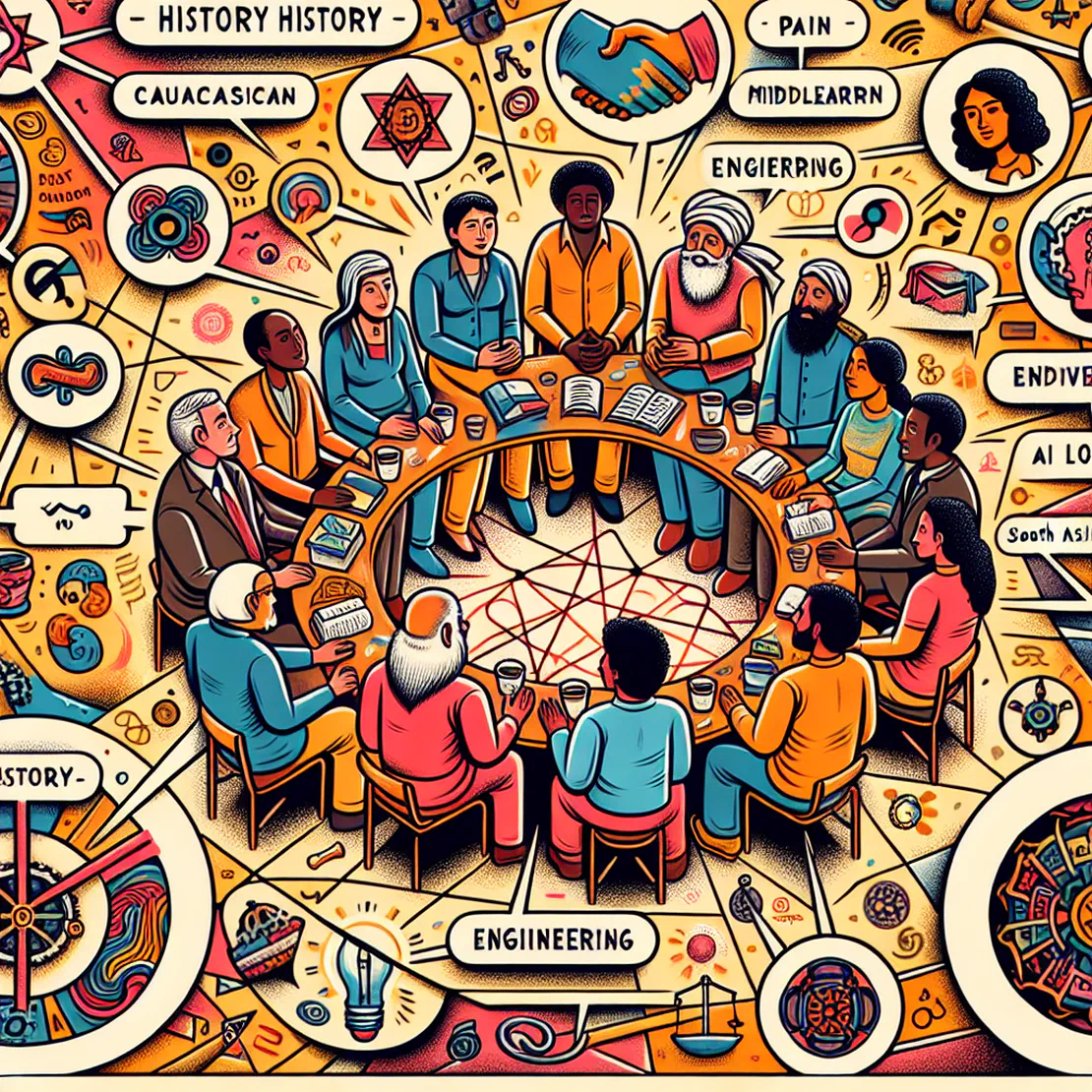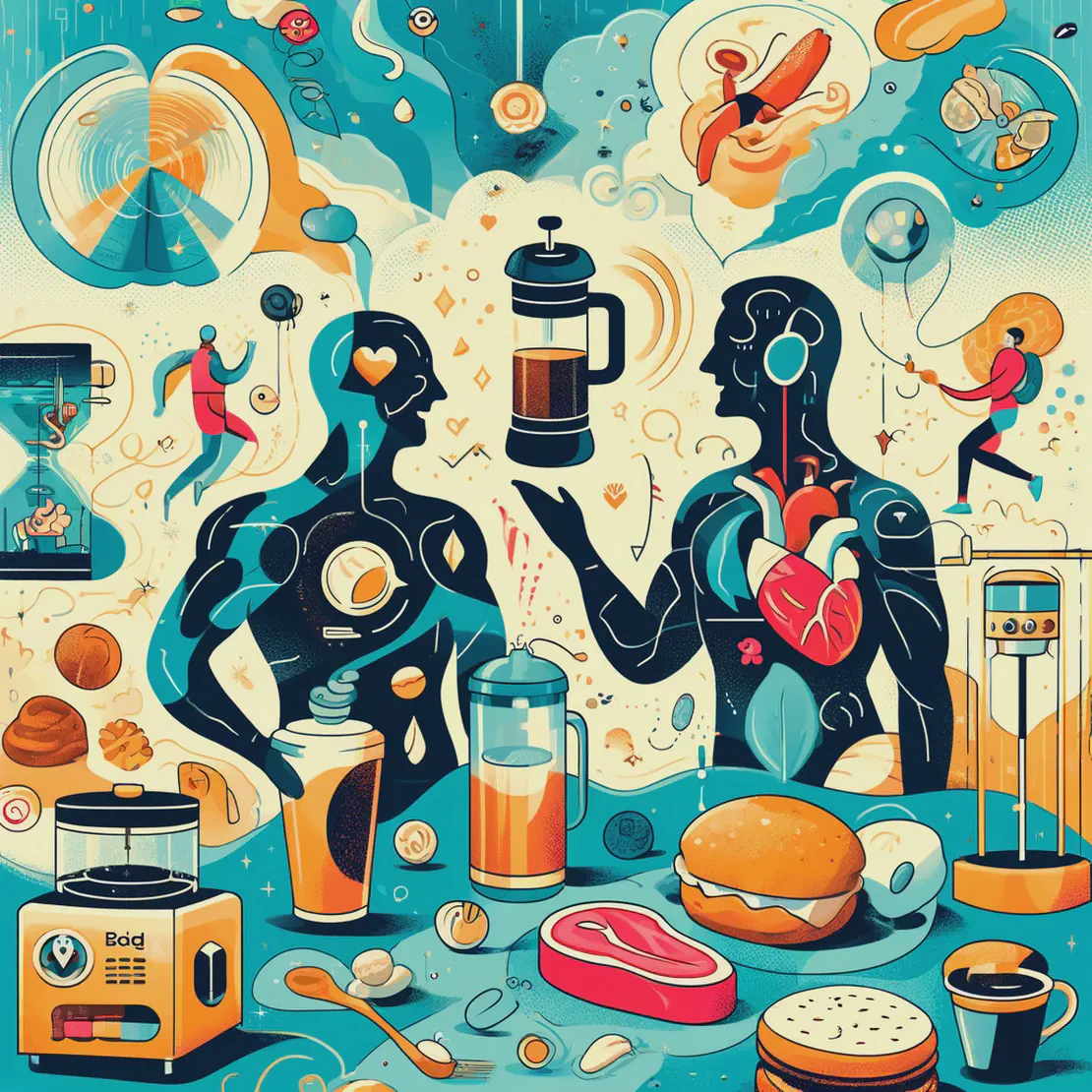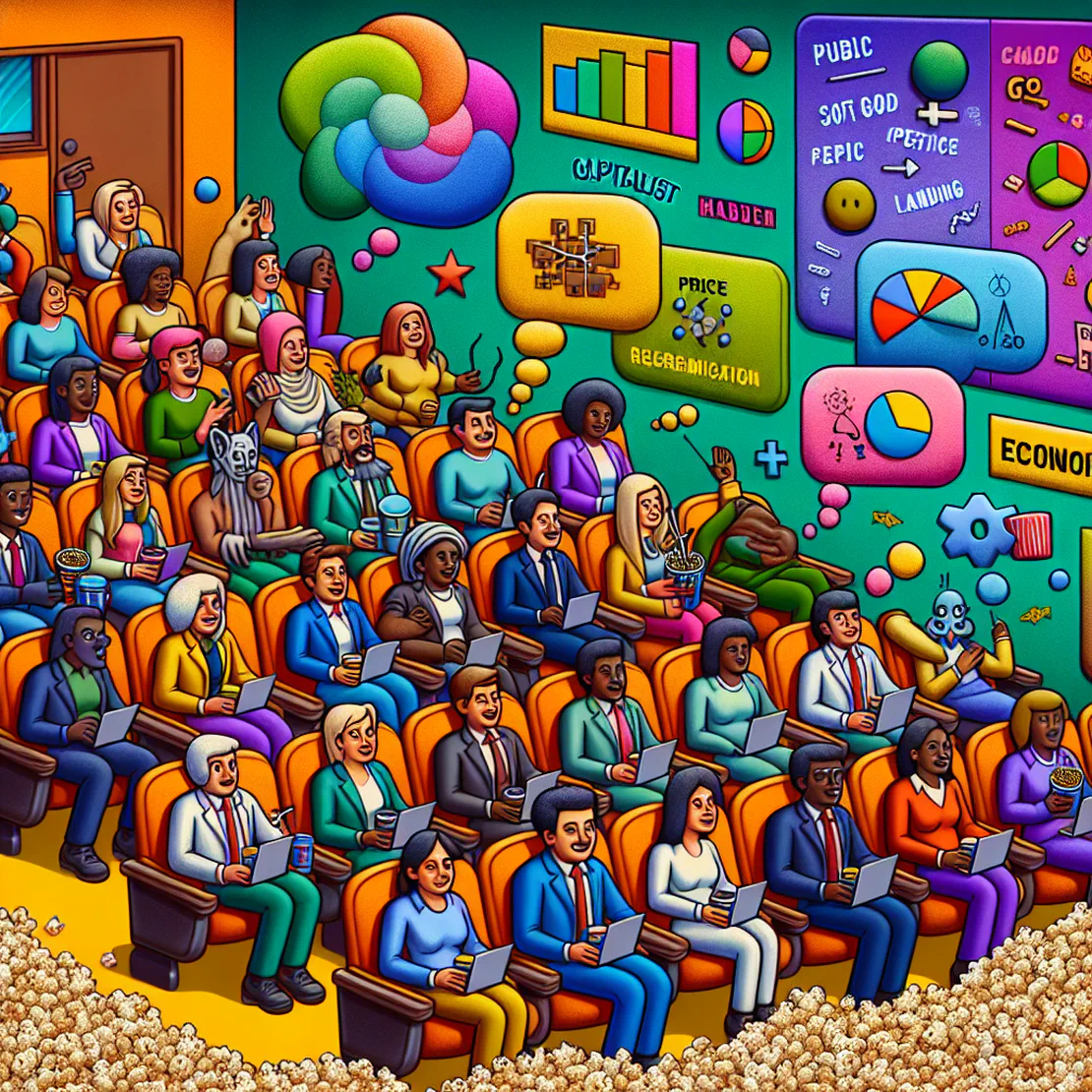
332 Kanye Ye West Interview
- Lex Fridman Podcast
- God , Politics , Love , Race , Humanity
- October 25, 2022
Table of Contents
At a Glance
-
Apologizing to Jewish Community - “I’m sorry for hurting you as a Jewish person. I’m sorry for the way that made you feel.” This apology is significant because it shows Kanye’s willingness to acknowledge past pain caused by his words and take responsibility.
-
Acknowledging Shared Humanity - “And I feel that there’s an important, the sons of Abraham, however we wanna word it, right? For us to come together and bring our different talents together to serve God collectively.” This statement highlights Kanye’s belief in a shared human identity, particularly among people of African descent and those who follow the teachings of Christ.
-
Engineering a Better Future with Love - “If we’re to engineer a better future, the way to do that is with love. So as one human to another, I love you brother.” This point emphasizes Kanye’s belief in the power of love and unity in creating a more positive future.
-
Unintentionally Humorous Moment - “Son of a bitch. Thanks for listening to this conversation with yay, formally known as Kanye West.” While not necessarily intended to be humorous, this exchange provides an amusing moment that humanizes the conversation and makes it more relatable.
-
Recognizing Mistakes - “I will call it a mistake to add genuineness to be genuine about the feeling. With that mistake, with me as a human being, not to justify, but I have to state that God makes no mistakes.” This statement highlights Kanye’s acknowledgment of his mistakes and his belief in God’s perfection.
-
The Importance of Apologizing - “Pain is pain. Causing people to hurt is not helping.” This point underscores the importance of apologizing when one’s words or actions have caused harm, as it can lead to healing and understanding.
What to Do
-
Don’t justify, but take responsibility - When making a mistake, it’s essential to acknowledge and take responsibility for your actions. This helps in learning from the experience and growing as a person.
-
Pain is pain, regardless of its source - Every individual experiences pain differently, and it’s crucial to acknowledge and empathize with others’ emotions, even if they don’t align with your own perspectives.
-
Engineering solutions requires love and collaboration - To create a better future, people must come together with love and a willingness to collaborate. This helps in breaking down barriers and finding common ground.
-
Genuineness is key in apologizing for mistakes - When apologizing for a mistake, it’s essential to be genuine and sincere. Avoid justifying or making excuses, as this can undermine the apology’s impact.
-
Love and empathy are essential in building a better future - Love and empathy are fundamental in creating a more compassionate and understanding world. By prioritizing these values, individuals can work together to build a brighter future for all.
What to Get
-
Books on the Holocaust - To gain a deeper understanding of the Holocaust and its impact on humanity.
-
Books on the current Holocaust that black people are in - To educate oneself on the challenges and struggles faced by black people in society.
-
Books on abortion - To explore the ethical and moral implications of abortion and engage in debates surrounding the topic.
-
Books on communism - To learn about the history and consequences of communist regimes led by figures like Stalin and Mao.
-
Books on Eugenics - To understand the history and impact of eugenics on society and its role in population control.
Summary
In this thought-provoking conversation with Kanye West, we dive into the mind of a visionary leader who has been at the forefront of cultural and social discussions. Starting from a point of apology for past mistakes, particularly towards the Jewish community, our Kanye reflects on their journey as a self-proclaimed samurai who seeks to bridge divides and bring people together in service of a higher power.
The conversation highlights the complexities of navigating conflicting identities and loyalties, especially when it comes to politics and social justice. Our guest acknowledges the pain inflicted by divisive language and expresses a desire to move beyond simplistic, binary thinking towards more nuanced and inclusive approaches. By acknowledging that “causing people to hurt is not helping,” they demonstrate an openness to growth and self-reflection.
One of the most striking aspects of this conversation is the speaker’s willingness to confront their own vulnerabilities and mistakes, rather than trying to justify or defend them. By labeling a past statement as a “mistake” without attempting to qualify or explain it away, our guest shows a remarkable degree of humility and intellectual honesty. This candor serves as a powerful example for listeners seeking to navigate complex moral dilemmas.
Throughout the conversation, themes of love, forgiveness, and collaboration emerge as essential ingredients for crafting a more just and equitable future. Our guest emphasizes that “if we’re to engineer a better future…the way to do that is with love,” which resonates as a powerful message in today’s often polarized landscape. By extending an olive branch of apology and compassion towards others, especially those who have been historically marginalized or excluded, our host invites listeners to join him on a path of reconciliation and mutual understanding.
Ultimately, this conversation serves as a reminder that even the most seemingly irreconcilable differences can be bridged when individuals approach each other with empathy, humility, and a willingness to listen. By embracing love and compassion as guiding principles for personal growth and collective progress, we may yet find a way forward – not in spite of our mistakes, but because of them.


